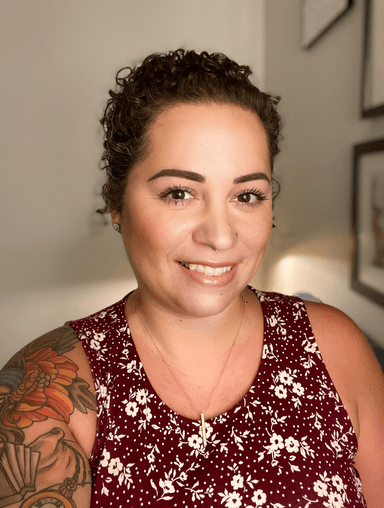
For as long as he can remember, Ed Gardner felt a commitment to creating a sense of community in his hometown of Portland, Maine. Gardner, GRI, broker-owner of Gardner Real Estate Group in Portland, had become familiar with the local nonprofit community over the years. After establishing relationships with several board members of various organizations, he realized that he could make a difference through his real estate expertise. Though he’s a residential real estate agent, Gardner also invests in commercial real estate—and it just so happened he had available office space in 2015.
Gardner says he and a few other community members sat around in a backyard one day and brainstormed how they could support local organizations. Gardner thought of his empty commercial space. “Federal funding was starting to dry up, so many nonprofits didn’t have the cash needed for office space and networking,” Gardner says. “I had a 3,000-square-foot space and had it built out to accommodate six organizations.”
The six nonprofits that moved in catered to a variety of community needs: creating a safe space for the LGBTQ community, advocating for the BIPOC community and working with children, among others. Some of the organizations had previously operating out of staff members’ living rooms. Others had limited resources. Gardner’s aim was to create an equitable space where they could all come together and collaborate. He called it the Equality Community Center (ECC).
Read more stories of REALTORS®’ extraordinary service to their communities at the REALTORS® are Good Neighbors Facebook and Instagram pages. Don’t forget to share your volunteer story.
“It was a trial to see if the organizations could benefit from each other with shared space, cheaper rent and shared donor lists,” Gardner says. The endeavor, he adds, proved wildly successful, even though similar ideas had been tried in the past by other people. “I think the right people came together at the right time.”

Since its inception, the ECC has grown from 3,000 square feet to 20,000 square feet. It now provides space for 12 organizations—which pay a reduced rent—as well as retail, meeting space and a dedicated community center for the LGBTQ community. But for Gardner, the building has just begun.
A few years ago, he and several board members conducted a study to learn more about the greatest housing needs in Portland and the surrounding area. “There’s a desperate need for housing for everyone in southern Maine, but we found that the most glaring needs were within the 55-and-up community—and more specifically, the LGBTQ members of that community,” Gardner says. “We have one of the oldest populations in the country, and this group is struggling to find housing.”
The staff and board at ECC put their heads together to figure out how to make an affordable housing project a reality. They started a capital campaign with a $4 million goal, and within a short period of time, they’d raised $3.1 million. Gardner, who anticipates a $16 million price tag for the project, also recently secured critical funding from the Maine Housing Authority. Combined with a large tax credit from the City of Portland, Gardner says the project is well-secured.
So, in July of this year, construction will begin on an affordable housing complex for the members of the 55+ LGBTQ community. The complex, which will have 54 units, will be built in the parking lot of the ECC so residents can take full advantage of what the hub has to offer. Residents also will be able to experience the walkability and amenities of downtown Portland, something that Gardner says is an important part of being able to live independently.









